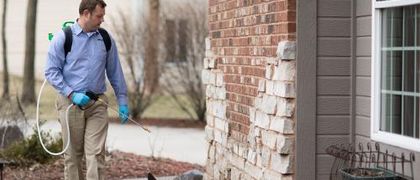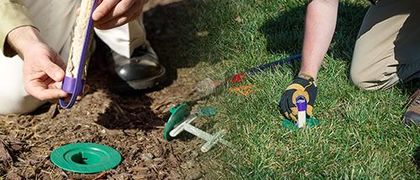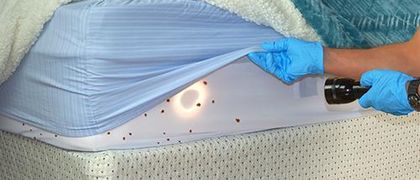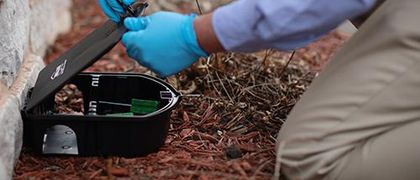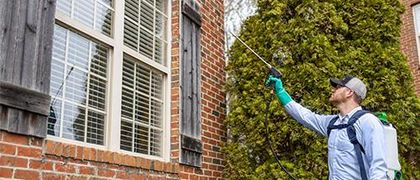Why You’re Seeing Ants in Your Bathroom This Fall in Kansas City
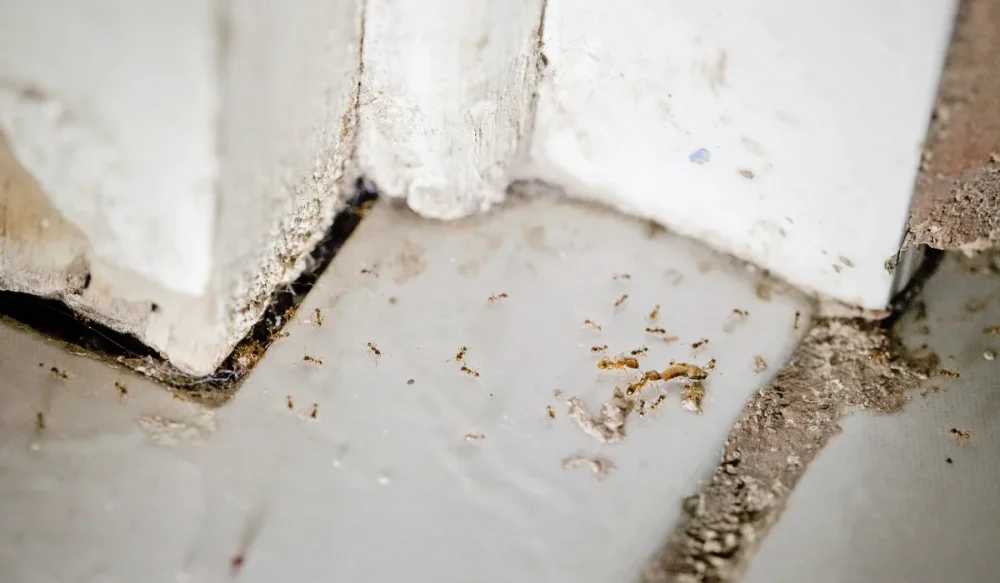
Seeing a steady trail of ants in your bathroom this fall? You’re not alone. As the weather cools in Kansas City, ants move indoors. Bathrooms offer water and hidden gaps, making them an easy target.
Common culprits include odorous house ants, pavement ants, and carpenter ants. They don’t sting, but constant trails are frustrating. If you ignore them, ants can spread to the kitchen, laundry room, and basement.
With the right ant control plan, you can quickly eliminate trails and prevent them from returning. Miller Pest & Termite serves Kansas City, Lee’s Summit, and Overland Park with treatments built for Midwest homes.
Key Takeaways
- Bathrooms attract ants due to the combination of moisture, warmth, and hiding spots.
- Common Kansas City ants include odorous house ants, pavement ants, and carpenter ants.
- Seal entry points and remove water, but many DIY fixes don’t reach the nest.
- Professional treatments target colonies and give longer-lasting results.
Why Bathrooms Attract Ants in Kansas City
Ants head to bathrooms for two things: moisture and shelter. Humid areas around sinks, tubs, and baseboards create easy nesting spots that help colonies survive the cold months.
Tiny leaks under the sink or water left in the shower can attract odorous house ants. They follow scent trails, leaving lines across tile and countertops. Bathrooms also have many small crevices where ants can hide.
Fall weather in Missouri and Kansas pushes ants inside. They squeeze through cracks around windows, doors, and plumbing lines. Once in, they search for food and water, and the bathroom is often the first stop.
Common Types Of Ants Found Indoors
Watch for these ant species in Kansas City homes:
- Odorous house ants: They release a strong smell when crushed and often trail around sinks and tubs.
- Pavement ants: Typically nest under concrete or driveways, but once inside, they invade bathrooms and kitchens in search of food.
- Carpenter ants: Larger than most household ants, they don’t eat wood like termites, but carpenter ants tunnel through it to build nests, often weakening structural areas near bathrooms.
- Pharaoh ants: Known for forming multiple colonies within a home, making infestations harder to control without professional pest management.
Recognizing these types of ants can help homeowners understand the scale of an ant infestation and whether DIY methods are enough or if an exterminator is needed.
Entry Points Ants Use To Reach Bathrooms
Ants get into bathrooms through small cracks and gaps. Common entry points include:
- Gaps around plumbing lines leading into sinks, tubs, and toilets
- Openings in baseboards, trim, or window frames
- Small crevices near tiles or along shower edges
Even tiny openings can let an entire ant colony move in. Caulk gaps to block future invasions, but sealing alone won’t stop ants already inside. For long-term results, combine sealing, moisture fixes, and targeted treatments.
Why DIY Ant Control Often Falls Short
DIY methods, such as vinegar spray or peppermint oil, can disrupt ant trails, but they often miss the nest. Store-bought baits may cut activity, but they don’t always wipe out the whole colony.
Homeowners often use essential oils like peppermint or tea tree as natural deterrents, but most ant species adapt quickly. Without professional pest control, ants usually return within days.
Professional Pest Control Services In Kansas City
Professional pest control targets visible trails and hidden nests. Miller Pest & Termite technicians identify the ant species, find the colony, and treat problem areas with family- and pet-safe methods.
Unlike DIY sprays, professional treatments address root causes by:
- Removing water and food sources that sustain ant colonies
- Applying targeted ant baits in high-traffic zones
- Treating baseboards, cracks, and crevices where ants hide
- Providing ongoing pest management to prevent future infestations
Whether you’re in Kansas City, Overland Park, or Lee’s Summit, our team offers free inspections to help homeowners understand the scope of their ant infestation.
How To Get Rid Of Ants And Prevent Future Infestations
The most effective way to eliminate ants in bathrooms is to combine immediate control measures with preventive strategies. Here’s what works:
- Eliminate water sources: Repair leaks, wipe down wet countertops, and make sure no standing water remains after showers.
- Seal entry points: Use caulk around plumbing lines, baseboards, and window frames.
- Target the colony: Place professional-grade ant baits where you see the most activity.
- Schedule routine pest control: Year-round protection from an experienced ant exterminator keeps infestations from returning.
By working with a local exterminator, you gain expert advice and lasting results, not just temporary fixes.
Making The Right Choice For Ant Control In Kansas City
Ant problems in bathrooms don’t go away on their own. The longer the trails stay active, the more likely colonies are to expand and create new nesting spots. Acting early means faster results and fewer treatments.
Miller Pest & Termite provides trusted service for Kansas City, Lee’s Summit, and Overland Park homeowners who want reliable ant control without repeat infestations.
Ready to get started? Contact us today to schedule your inspection.
FAQs
Why are ants more active in bathrooms during the fall?
Cooler weather prompts ants to seek shelter indoors, and bathrooms often provide reliable water sources and a haven. Fall is when many homeowners first notice trails of ants inside their homes.
Can I get rid of ants in the bathroom without calling an exterminator?
DIY options like vinegar or peppermint oil may temporarily reduce trails, but they don’t eliminate colonies. For lasting results, professional pest control is the most effective solution.
How does Miller Pest & Termite handle ant infestations?
Our team inspects your home, identifies the ant species, and applies safe, targeted treatments. We also seal entry points, remove conducive conditions, and provide ongoing pest management to prevent future infestations.
Get Help Now!

